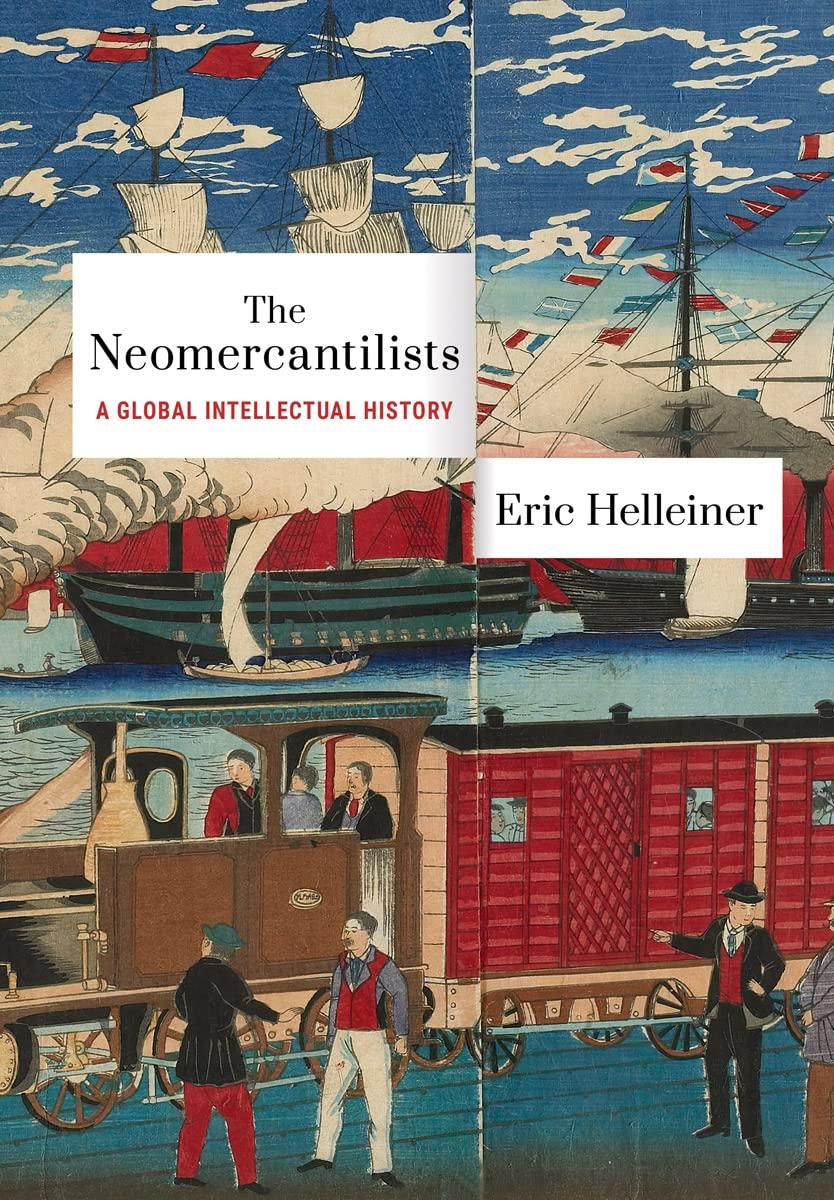One of Helleiner’s central theses is that neomercantilism had a truly global span, with endogenous roots outside of Western Europe and North America. Friedrich List—the nineteenth-century German economist whom scholars of international political economy regard as the most consequential theorist of neomercantilism—is therefore not singularly representative of the school of thought. Placing List within a broader ferment of political and economic discourse about industrial growth, Helleiner provides an expansive framework to account for the diversity of neomercantilist thought and its contributors, while still underscoring that List was instrumental to its transnational spread. In particular, List was influential in propounding the hazards of raw export dependency; the “self-reinforcing” reciprocity between industrial progress and expanding agricultural markets; and the intellectual, scientific, and civilizational advances that industrialization would facilitate and multiply.
At the same time, Helleiner emphasizes that List’s contributions to neomercantilism were quite discriminating, both in regard to the legitimate applications of tariff protection and to who and what regions of the world may employ and benefit from it. In a period where Great Britain was aggressively promoting free trade, List cited its own history of mercantile development to endorse infant industry protection for an extremely narrow range of European countries that he believed already possessed the resources conducive to modernization. “The tropics,” he wrote dismissively, did not have this recourse, and would benefit instead from European colonization.
Several neomercantilist thinkers disagreed with List’s strict parameters for legitimate protectionism and his chauvinistic notions about which countries could develop a diversified economy. The American economist Henry C. Carey, List’s closest intellectual rival, was among them. Originally a laissez-faire liberal, Carey became a chief theorist of the Republican developmental paradigm that catalyzed US industrialization from the Civil War through the early twentieth century. Helleiner explains that Carey justified tariffs on a number of grounds that went beyond shielding infant industries from international competition. Building on List and Alexander Hamilton, Carey argued that a tariff system, in addition to strengthening sovereignty, would launch technological progress and the development of a “home market” that fulfilled the reciprocal needs of industry and agriculture as well as producers and consumers. The economic relationships embedded in the home market’s multiple nodes would thus foster social and cultural progress through the spread of education. In turn, the encouragement of individual technical and creative faculties could serve commonly held, national goals. Carey believed the home market could indefinitely harmonize differences across sector, class, and region. While the ensuing inequalities of the Gilded Age, the struggles of the US labor movement, and agrarian populism disproved Carey’s more wildly optimistic forecasts, his associational ideals arguably resonated in the cities and towns where a burgeoning tariff complex appeared to undergird rapid economic growth and the emergence of an educated middle-class.
